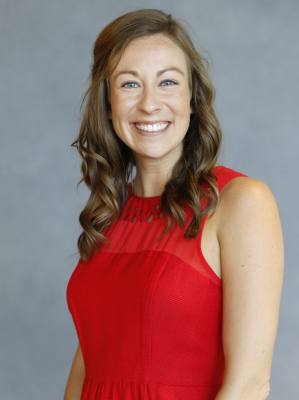“I like to fly,” Sanchez said. “God, I like to fly. I’ve loved it ever since I was a kid.”
In 1927, then 7-year-old Sanchez read with awe the reports of Charles Lindbergh becoming the first solo pilot to complete a nonstop trans-Atlantic flight. He said he made up his mind as a young boy to find a career where he could work around airplanes.
At 21, Sanchez married his high school sweetheart and took a job working at Consolidated Air Craft Corp. That same year, in December, the United States entered World War II.
“We were pretty comfortable,” Sanchez said. “I had a good little job working with airplanes. But when we entered the war, I thought I had to do more.”
Sanchez, a flight engineer, was assigned to a bomber crew with the Army Air Corps and sent to England. He said he flew on B-24s at night, delivering ammunition, medical supplies, electronics, radio operators and even shuttling Allied spies and assassins across Europe.
“Our job was to support the resistance fighters in occupied Europe,” Sanchez said. “All this was done at night. We had to fly in the cover of darkness, low, under the radar. Anti-aircraft guns were all over.”
Sanchez was based in Fairbanks, Alaska, for much of the Cold War. He served tours of duty in the Korean War and the Vietnam War. But, he said, “the war in Europe was a different war.”
“When France was liberated, it made me feel good that I had a little bit of something to do with that,” Sanchez said.
At 99 Sanchez said he “still gets around well,” and was driving until a recent cornea transplant failed to take. He credits his health and vitality to good genes, being a “family man” and physical fitness habits instilled from decades of military service.
“I think it takes a particular type of person to stay in the military for 30 years,” Sanchez said. “It’s a good thing to do your duty, to serve for a few years and then come home. To make it a career is something else. You have to be dedicated to it.”









